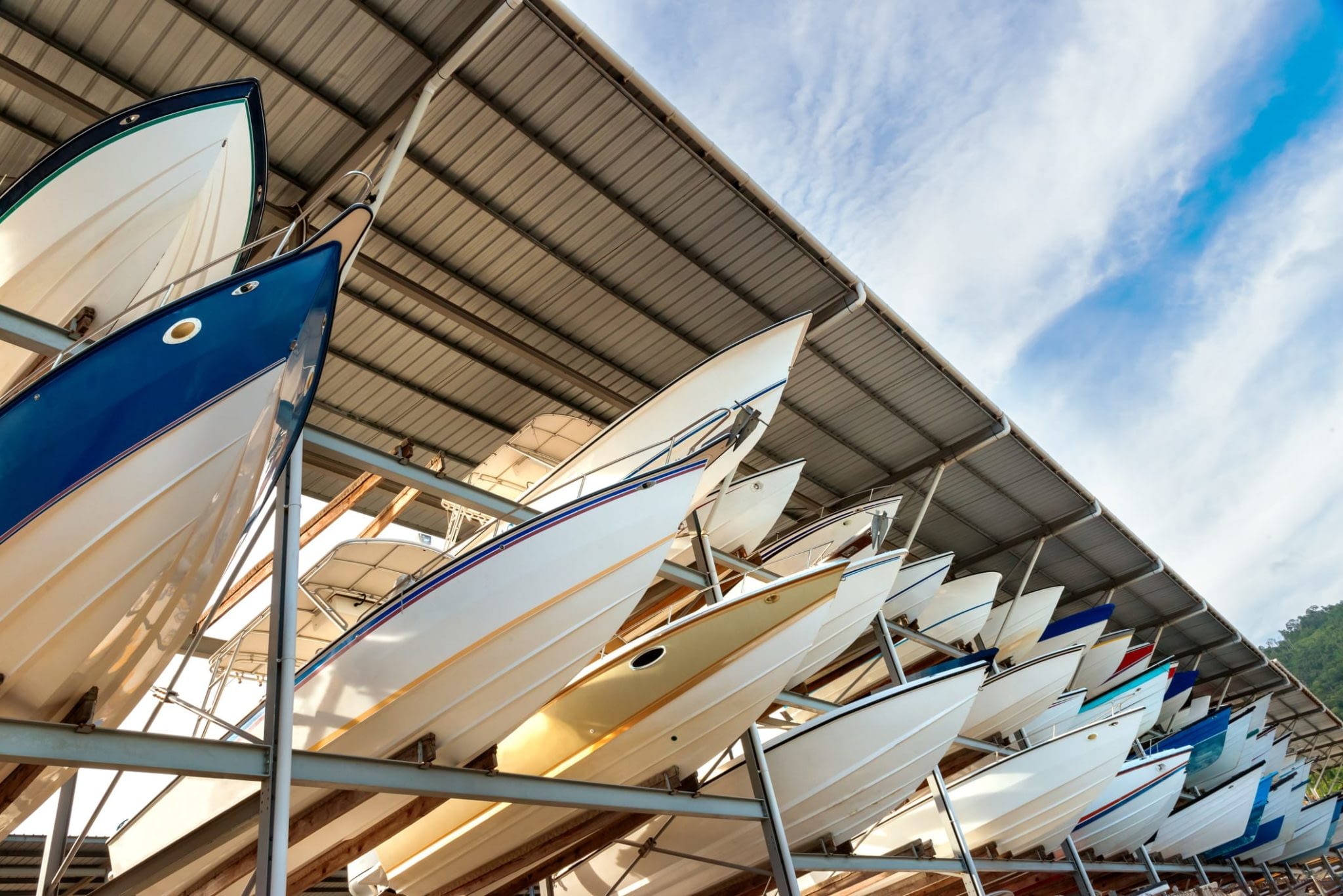- Insurance
- Auto, Home & Personal Insurance
- Business Insurance
- Business Interruption Insurance
- Business Owners Package Insurance
- Commercial Auto Insurance
- Commercial Property Insurance
- Commercial Umbrella Insurance
- General Liability Insurance
- Hotel & Motel Hospitality Insurance
- Professional Liability (E&O) Insurance
- Surety Bonds
- Workers’ Compensation Insurance
- - View All Business
- Life & Health Insurance
- Group Benefits
- I Am...
- About
- Policy Service
- Contact
Article originally posted on www.insuranceneighbor.com(opens in new tab)

Unless you live in one of our warmer states, you will need to winterize and store your boat or motorcycle during the winter months. You have several options, including canceling your insurance, reducing the coverage, or increasing the deductible.
What is Lay-Up Insurance?
“Lay Up Insurance” is offered by insurance companies serving the northern states, where riding a motorcycle or boating over the winter is impossible. “Lay Up” refers to the boat or motorcycle being in storage and not in use, typically from the beginning of November to the beginning of April.
To put lay-up insurance coverage in place, boats must be moored in a safe anchorage and winterized. For motorcycles, lay-up insurance means pausing the cost of liability, collision, and other insurance costs that are not necessary if your bike is in storage, greatly reducing cost. Other parts of the policy remain in force, including protection against fire and theft. Every policy is different in what is offered, and some have a “sunny day clause” which covers you for one day during the season in which your liability and collision coverage is in force.
Increasing Your Deductible
Another option is to raise the deductible on your motorcycle or boat to reduce costs. This makes keeping your insurance in force more affordable during the winter. If you rarely ride your motorcycle during the winter months or may not plan to take your boat out on the water, raising your deductible is an option worth considering – but keep in mind that if your boat or bike is damaged due to theft, fire, or vandalism, you are now responsible for a higher deductible.
Canceling Motorcycle or Boat Insurance
Canceling your insurance altogether has some downsides you should consider. Most insurance policies cover a boat or motorcycle for one year and canceling the insurance can lead to an early termination fee, and the insurance company may refuse to insure you again. The other issue to consider is that even though you are not riding your bike, or taking your boat out on the water, fire and theft are still possible. With no insurance, you are at risk of losing all your investments. Anything that happens to your bike or boat over the period when it is uninsured will be your responsibility – with the costs paid out-of-pocket.
Winterizing Your Boat or Bike
Both motorcycles and boats must be winterized. For a bike, winterizing it will protect it from having sludge or other deposits in oil and fuel systems, cracked tires, dead batteries, or other problems that can be expensive to resolve. Follow the manufacturer’s directions to correctly winterize your bike. For a boat owner, the process involves ensuring all water is drained and removed, and special products added to your boat engine to protect against corrosion. Follow the winterizing directions provided by the boat manufacturer so all systems are safe and protected during the frigid winter months. Lay-up insurance does not cover damage to a boat or motorcycle due to ice or freezing.
Protect Your Investment with Lay-Up Insurance
Whether you own a bike, a boat, or both, speak with one of our local insurance agents about lay-up insurance. The cost savings are significant, and the risk of losing all your investment is greatly reduced. We will help you find the most appropriate insurance policy, at the rates that make sense for your budget.
Filed Under: Personal Insurance | Tagged With: Boat Insurance, Motorcycle Insurance